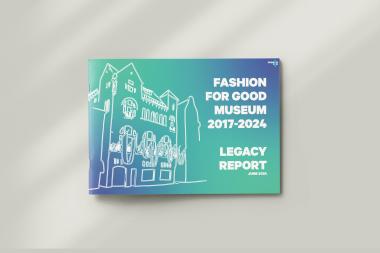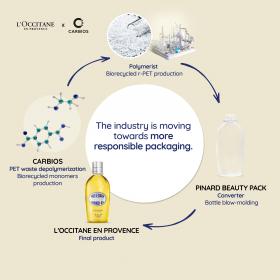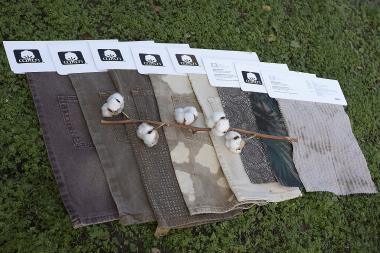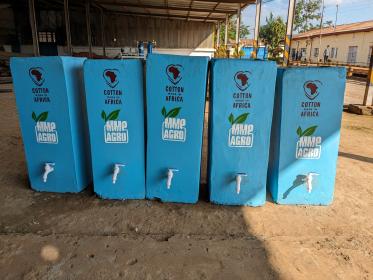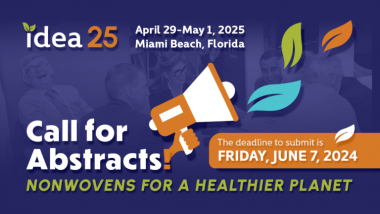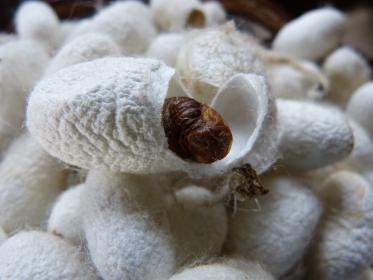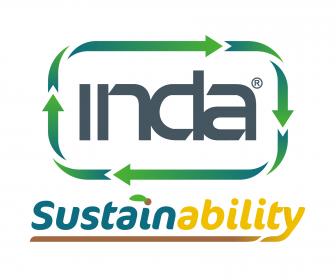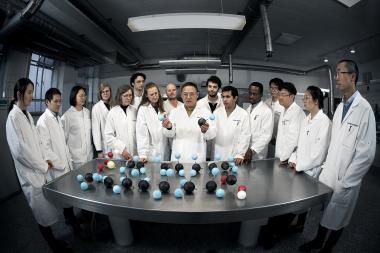Fashion for Good Museum publishes Legacy Report
The Fashion for Good Museum publishes its legacy document. The report was prompted by the museum’s closure on June 5th, 2024. It represents the museum’s mission, summarising invaluable insights gathered over six years and key results such as reaching 115.000 visitors and creating a dedicated community of more than 250.000 followers online. Committed to transparency and collaboration, Fashion for Good shares its reflections, tools, and transferable learnings, as well as the future of its collections and next steps, continuing to inspire positive change within the fashion ecosystem. All information can be accessed on the Fashion for Good website for continued use and benefit of educators, the cultural sector, and the wider public.
Looking back on its journey, the Fashion for Good Museum celebrates achievements such as hosting 115.000 visitors, including 8.000 students from 200 schools, curating 13 exhibitions, offering over 75 events, launching 4 educational programmes, reaching both current and future generations, and inspiring many to drive change in the fashion industry. With an earned media value of over 46 million Euros through press coverage since 2017, Fashion for Good's influence has been significant, evident in its 250.000 social media followers and 15.000 newsletter subscribers.
The report fulfils the promise Fashion for Good made in 2017 – to share their journey, learnings, and most impactful activities with the world. Within these pages, readers will discover reflections on their messaging, insights about creative partnerships with entities such as Lowlands Festival, Dutch Design Week, and Museumnacht to case studies of pioneering exhibitions. Their programming was created around themes and topics, such as the untold stories around cotton, circularity, and the future of biomaterials to educate and inspire visitors, ultimately empowering them to take action themselves.
Reflecting on the output of the museum during its short existence, as well as its footprint and wide reach, while acknowledging the challenges encountered during its establishment and development, Fashion for Good distilled six key lessons from Fashion for Good's sustainable museum practices:
- Recognition of Broader Shift: There is a wider movement towards sustainability in the museum sector, exemplified by Fashion for Good and the new ICOM definition.
- Storytelling for Societal Change: Cultural institutions are crucial in driving societal change in fashion consumption through storytelling.
- Innovation through Limitations: Embracing organisational limitations can stimulate innovation in museum collection management and education.
- Audience Engagement: Understanding and expanding the core audience is essential for effective engagement in sustainability initiatives.
- Measuring Impact: It's challenging to measure impact for organisations with social missions, requiring clear success criteria.
- Establishing a Sustainability Framework: Defining sustainability within context is fundamental for organisational sustainability efforts.
Fashion for Good


